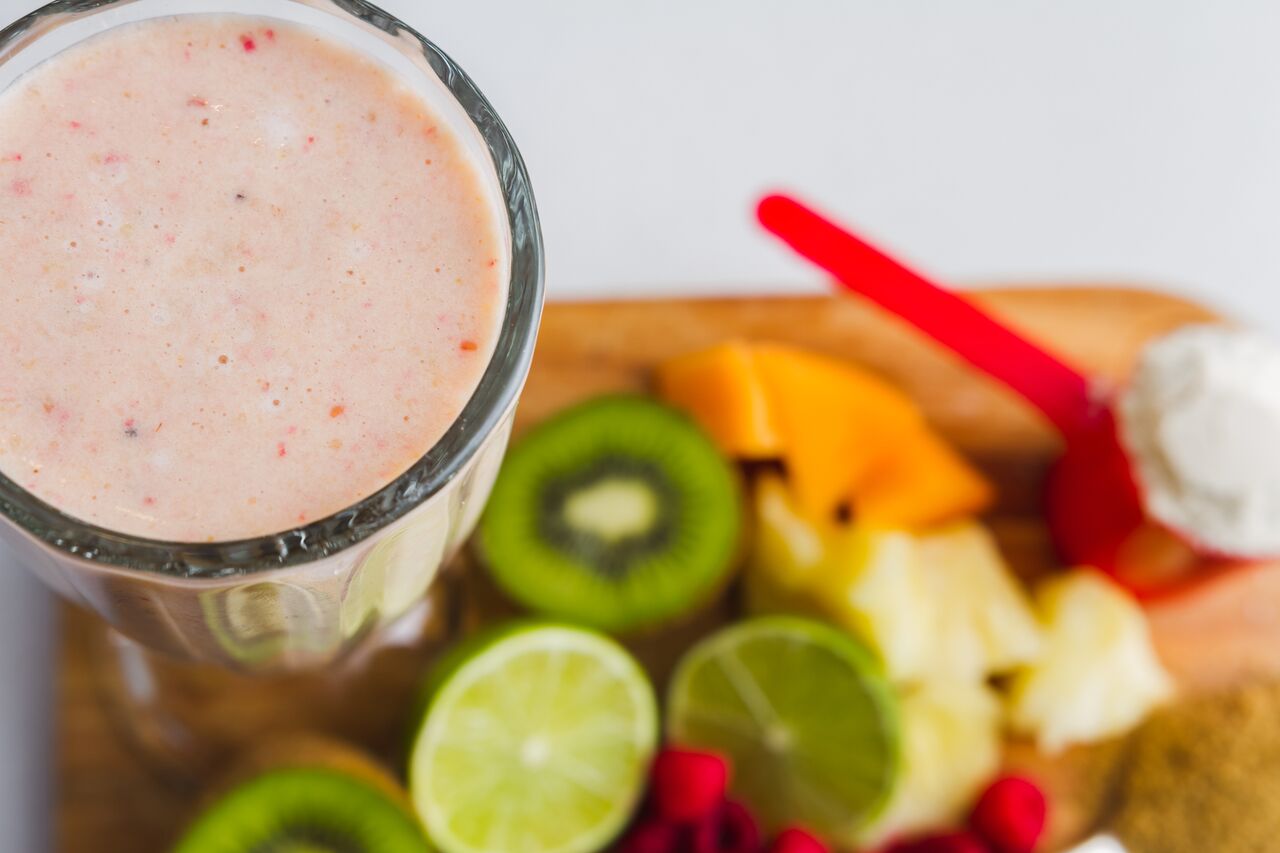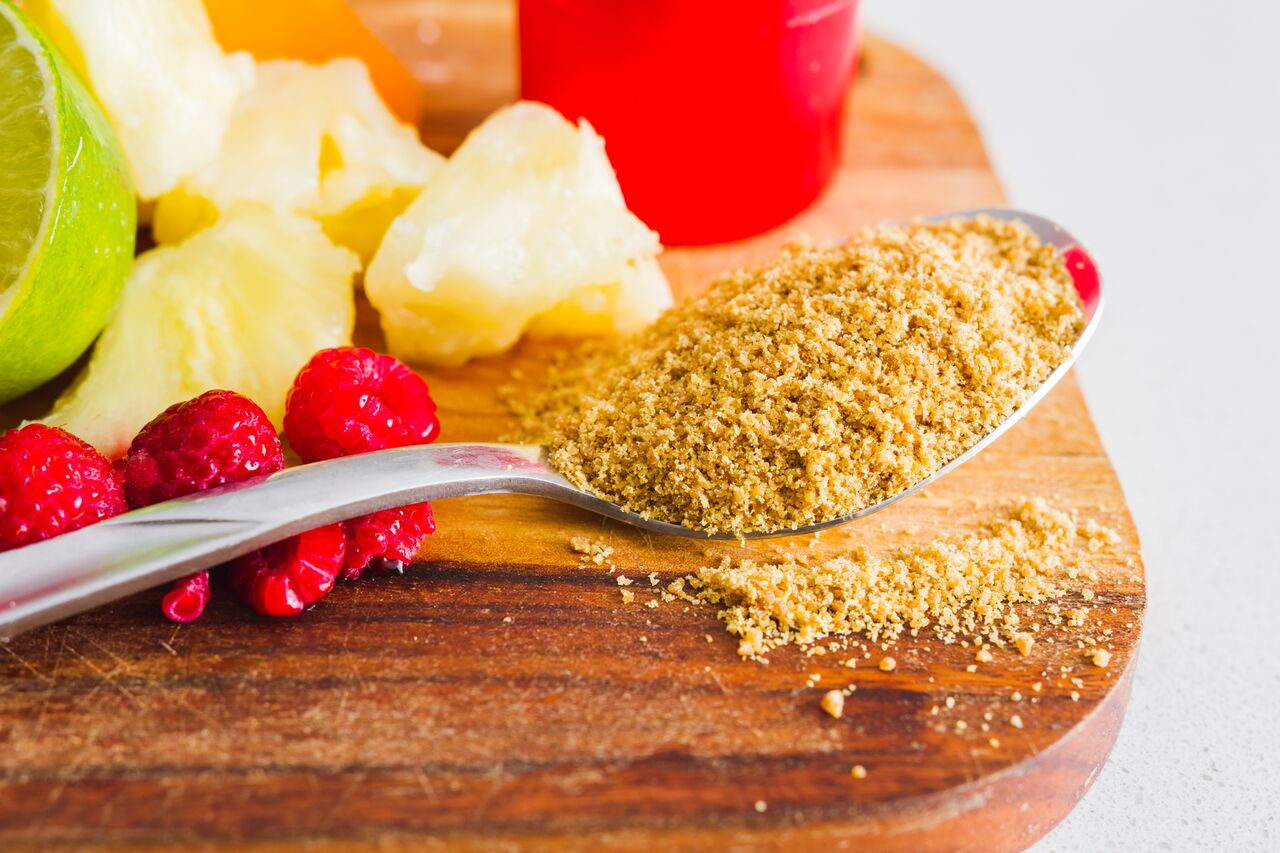Common Weight Loss Mistakes and What To Do Instead
Here are my personal top 7 common weight loss mistakes I see people make with their diets on a regular basis. Time and time and time again. I will highlight the mistakes and then guide you with some solutions to employ!
7. Going to Extremes with Dietary Fat
We now recognise eating fats doesn’t “make you fat” Phew. Progress! However, nuts and full-fat cheeses actually do add up, and those who think their thighs are immune just because they’re not spiking their insulin with “processed carbs” are misguided. There is a point at which too much dietary fat will make a person look like they’re eating too much dietary fat.
Even though the 90s taught us that you can stay fat on a fat-free diet, some women still fear butter and egg yolks (insert a roll of the eyes here please). Many don’t realise that without fat and dietary cholesterol, the body will struggle to make the hormones necessary for a naturally fired-up metabolism, to say nothing of your sex life.
Solution
Women, in particular, need a variety of fats, including some saturated fat, and would benefit from prioritising omega-3 fatty acids, which are the most beneficial for decreasing inflammation and promoting fat loss. Anyone who has trained under me knows I am a huge fan of omega 3’s for their disease-fighting properties. Also, realise that cravings for copious amounts of fat are a red flag that you are getting inadequate amounts of one of the other macronutrients, like complex carbohydrates. 😊
Top Hint:
Get some flaxseed oil, ground flaxseeds, green leafies, deep-sea fish and walnuts into you!
6. Obsessing over the wrong thing. Think “protect muscle”, not ‘shredded”.
Some people (especially women) always seem to be “on a diet.” This is peculiar because these same people always seem to be a little overweight. If they have been on six diets in two years, shouldn’t they be lean by now? I marvel at my mum’s group of friends. My mother is 72 and fortunately doesn’t “diet”. However, every single one of her friends does and has done since I have known them. Into their 70s! Good heavens. When is it time to do it once and do it properly (re-hab your metabolism)?
Here’s the problem: Most people who continually make fat loss a priority don’t realise that they’d become more efficient at burning fat if they simply had more muscle. Eating to weigh less will make you smaller, which will require you to eat less in order to stay smaller. Muscle is lost, metabolism is sluggish, calories have to be lowered again and again, and the downward spiral eventually whirls out of control. Soon, these same people proclaim that “dieting doesn’t work!” and begin to identify as fat guys or girls with “bad genetics.”
If you make hypertrophy a greater priority than fat loss, the fat loss will eventually happen – slowly at first, but steadily, healthfully, and permanently.
To be frank, this is partially what made me turn my whole physique around at age 47. I started chasing weight on the bar, which I had never done before. And a weird thing happened. I began to lose body fat when “I wasn’t even trying”. This, my friend, is a true story. It happened organically without me even thinking about it.
Solution
How can you get to a place where you don’t need to diet? By building more muscle and eating as though you want more muscle on your body. Hence why one of my favourite sayings is “muscle is a girl’s (and guy’s) best friend. This doesn’t mean eating crap; this means fueling up for workouts in order to work harder, pump nutrients into muscle cells, and then get those nutrients in to hightail the recovery process. Remember, keep this foremost in your mind, training is digging a hole, and recovery is filling it back up. And the correct nutrients at the right time are imperative to this. Because everything you do is synergistic.
When you hit the gym, you will need to actually try to build muscle. How? By lifting weights that are heavy enough to challenge you. It’s a lot different than just going through the motions with pink dumbbells while running on the fumes of your 100-calorie breakfast. It requires focus and an actual desire to build. And NO. You have NO chance of “bulking up”, but that is a topic for another day.
It’s harder to gain muscle and lose body fat at the same time, but what you can do is build muscle so that your body eventually becomes better at burning fat even when you’re not necessarily trying to. It’s called recomposition. More muscle, less fat. Taking up less space. AKA looking better. 😊
5. Still making “big blunders”
People still look for an obscure missing component in their diet rather than zeroing in on the glaring behaviours causing the real problem. People bury their heads in the sand, unfortunately. Hence one of the reasons why dietary recalls aren’t very accurate. It’s easier for some people to rationalise what they’re eating because they’d rather believe there’s some way around it that’ll help them reach their goals.
Sorry to be the bearer of woeful, sad tidings, but boozy weekends that make you uninhibited around unhealthy food; constant grazing on sweets between meals; liquid-dessert coffee drinks; and even too many “semi-healthy snacks” made of dried fruit and nut butter – these are all examples of common gaffes people overlook while searching for the ‘secret to instant weight loss’. Most of the time, you do have an idea of what your vices are, but without someone saying, “stop eating that”, you’re going to keep the crap in your diet and scale back on the portion sizes. Just get rid of the crap!
Solution
Please! Take an honest look at your eating. Really, really honest. A food journal will help and highlight what is actually going in. How do you feel when you eat a “good healthy meal”? Do you really know what a healthy meal for your goals looks like? Are you eating mindfully or mindlessly? Do you eat the kids’ leftovers? What are some seemingly innocent snacks that are actually trigger foods that lead to overeating an hour later? How many calories are truly in your frappuccino? A food log will clue you in. I usually find a journal is a big wake-up call. I also find that clients naturally tidy up their diet simply because they are showing their journals to me. Because of the act of writing it down, awareness is heightened, and you will feel less inclined to eat rubbish.
4. Eating crapola “health food”
What happens when I walk down the “health food aisle” of the supermarket? I don’t see anything I would put on my client’s “food sources list”. Nothing. Because it’s all packaged, man-made, processed crap. No, I’m not being harsh. It’s a truth bomb. Who are you kidding? Not your body. More often than not, these fake health foods are appetite-inducing sugar bombs. Sugar is listed under a truck ton of different names and they all do about the same thing in the body, even earthy-sounding ones like coconut crystals and organic agave nectar syrup. Likewise, fat free, sugar-free, high-fibre, organic, and gluten-free foods can still make you fat. Trust me when I say these foods are masquerading as “health” food. Nope.
Truth be told, if I stocked protein bars in my gym I would probably be retired right about now. They would sell like hotcakes. But ever since their invention, I have refused to stock them. Why? Because they are NOT usually very helpful for MOST people’s goals. I have virtually 100% of my clients wanting to be leaner. I have virtually met no one who hasn’t wanted to “tone up” or “lose body fat” to some degree. So, I keep them on natural foods that are not man-made. Selling protein bars would be selling out in my opinion.
Solution
This one is easy peasy. At Coles or Woollies, you just need to shop around the periphery. Meat, eggs, nuts, salads, veggies, and fruits. Go down the aisle for toilet paper, dog food and cans of tuna! Oh, and by the way, if chocolate biscuits go in your trolley for “your visitors” you have already made the decision to eat them. Ah huh, true story.
3. Going to Extremes with Complex Carbohydrates
There’s no doubt that our sedentary Aussie population would benefit from dropping the bread rolls, cereals, and late-night Uber calls, but countless low-carbohydrate eaters who had success at first always eventually hit major plateaus. Or, it may work well for your first competition or challenge, but thereafter you have become a one-trick pony, and your body has sussed you out, knows your game and simply slows your metabolism righhhhhtttt down. It usually will not work a second time. In fact, worse, it backfires.
The primary problem with low-carbohydrate plans (think rice, potato, banana, quinoa, pasta, breads) is that many weight-training peeps eventually get fatter while sticking to them. I should know, I was one of them for 15 years. I didn’t understand the capacity a muscular body has available to store glycogen. So, I, as many other carb-depleted athletic people have and do, walked around with flat muscles and assumed that I was “carb intolerant” because when I ate complex carbohydrates the scale would go right up.
The more muscle a body has, the greater its capacity for storing carbohydrate as glycogen. And when you deplete your muscle glycogen, you’re not actually burning fat, even though your body will appear smaller. Smaller, but it doesn’t look better. Capiche?
Solution
Even a recreation trainee who wants a lean and powerful body should make room in your nutrition plans for complex carbohydrates, especially around your workouts. It’ll make you more effective in the gym and better at building muscle. Otherwise, I guarantee you 1 thing. I absolutely guarantee with 100% certainty that your performance will be severely compromised. Please go back and see number 6….
2. Diving in Too Fast, Too Soon – Fire 1 bullet at a time…
If only people would adjust their expectations. I am quick to point out to new clients that they are usually a 2 to 3-year proposition. Further, they are completely deluded about the state of their metabolism prior to their “transformation”.
This is not a sexy sell, but I don’t believe I have ever lost a sale due to being up-front. Further, I attract the kind of client that I want, someone who is realistic. I would say 90% of people hurl into their new fitness program head first, firing all bullets all at once. It’s no wonder they fall off the wagon. Whether you are obese from a sedentary lifestyle and crap food, or you have dieted and exercised and fallen off the wagon over and over and over the end result is the same – a chronically repressed metabolism. Characteristically these people’s calories are surprisingly low for the amount of mass they are carrying around. This phenomenon is consistently reported in clinical literature.
Understand this. Most people fail to lose body fat because the gap between their calorie intake and what they utilise (burn) is too large. These people create the wrong metabolic environment and any benefits are short-lived.
Further, most trainee’s tend to start their “fitness program” hitting the gym 5 to 6 times a week, cardioing the bejesus out of themselves, not training with great intensity (due to said slashed calories), hit up all “fat-burning” tablets known to man, try to change an inordinate number of behaviours all at once, pre-workout themselves silly and burn out faster than a firework. All show no substance.
Solution:
The key to permanent fat loss is to create the right metabolic environment. A major part of this is to eat MORE of the RIGHT foods at the RIGHT times. So, you want your calorie intake to be just under expenditure. Sure, it takes longer, but you will be doing it the best way for sustainability and never regaining the weight that you lose.
As for behaviour change, supplements, cardio etc., they are all tools that you use in an overall strategy. If you are not skilled in physique transformations, you might want to hire a coach to devise a great shredding experience. However, the key, over and over and over again, if you want to do “it right” is to be patient. The tortoise won the race. 1.
1. Not Getting on Top of Your Emotional Eating
It’s my opinion that the biggest reason why people are overweight is that they emotionally eat. What does emotional eating mean? It means when you eat for any other reason other than physiological hunger.
In our society today, we use food for many reasons outside of mere energy needs and building material for our bodies. Food is used as the centrepiece of social gatherings, it’s used for comfort, it’s used to obtain good feelings, to cope with bad feelings, and for some people, food can literally become a central focus of their entire lives.
There’s no denying that food can be one of life’s great pleasures, and to deny ourselves completely of the pleasures and feelings that food can provide is counterproductive in the long term.
That’s why it’s important to avoid “all or none thinking” when it comes to food, such as, “I’m either completely on or completely off my diet.”
That said, the emotional relationship you have with food can be the difference between success or failure on your fitness journey.
To develop a healthy relationship with food that keeps you healthy and fit, it’s imperative to become consciously aware of what you believe about food and how you use food outside of your physical needs. Most people have NO idea what their beliefs are about food.
Solution:
We need to allow ourselves enough lenience for our favourite foods so that we don’t feel deprived, but demand from ourselves enough compliance to constructive eating that we get the health and fitness results we want.
If people, especially women stopped attaching their self-worth to their eating habits and dealt with emotions in productive ways other than “comfort food”, they’d be more inclined to eat appropriately. Walking the dog will clear the head better than a packet of chips. A good boxing session is more stress-relieving than a tub of ice cream. And going back to number 6, overindulgence wouldn’t be such a big deal if they sought muscle growth or at the very least maintenance instead of fat loss. Hypertrophy is about growth, not restriction.
I don’t want to sound all “woo woo” on you, but the ONLY way that I know how to combat emotional eating is to devote yourself to some introspective homework and deal with your self-concept. Because I guarantee you, without even knowing you I KNOW one of your beliefs about food. Food is “a reward”. You are going to have to delve into something called your “self-concept”. Sorry but you know intuitively that a new coach, a new PT, a new program and a new diet is not your answer. It goes much much deeper than that. And until you deal with your self-concept and change your self-concept and re-frame your beliefs you are going to keep on doing, thinking, feeling, and behaving in the very same way… which means eventual self-sabotage.
Do yourself the biggest favour and go down this rabbit hole… Otherwise, you are merely putting a band-aid on a sore that will fester.





